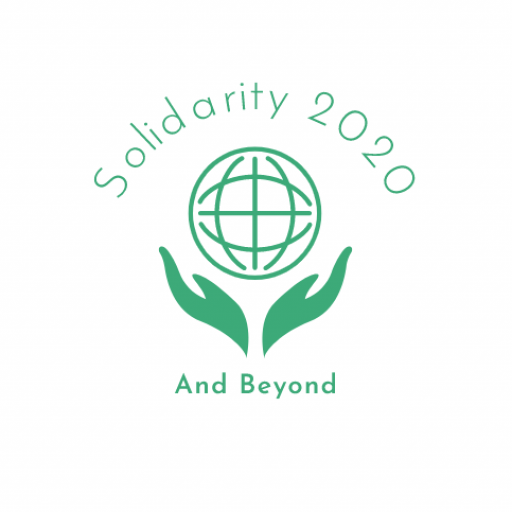Check out our
Participatory Research
Connect With Us
A key area of work for Solidarity 2020 and Beyond is participatory research.
“Participatory research is both a range of methods and an ideological perspective. Its fundamental principles are that the subjects of the research become involved as partners in the process of the enquiry, and that their knowledge and capabilities are respected and valued.
Participatory research is ultimately about relationships and power. The key relationships are between the researcher and the researched, and between local people and those actors they see as powerful and who affect their lives. Participatory researchers act as facilitators and work towards attaining equality in these two relationships.” (1)
Our GGAN members are often engaged with various partners in participatory research and our Organizing Committee members have a number of ongoing participatory research, writing, and co-led projects at any time. Some examples of participatory research and projects that OC and GGAN members are currently involved in can be viewed below.
We support these ongoing research initiatives in our network and plan to build working groups within S2020B networks, especially between GGAN and OC members, focused on areas of shared interest and expertise such as climate crisis, women’s rights and gender justice, democratization, self-determination and types of tactics or campaigns, storytelling, self-care and human rights.
With Palestine Institute for biodiversity and sustainability of Bethlehem University
Research leading to sustainable human and natural communities in Palestine at Palestine Institute for Biodiversity and Sustainability led by Prof. Mazin Qumsiyeh, Organizing Committee member.
Impact of structural violence (judicial and administrative) on Countering Violent Extremism in Francophone Africa: The case of Anglophone Cameroon
This study will seek to explore the judicial and administrative conditions that continue to shape and impact on counter-violent extremism efforts in communities where marginalization is felt.
Public perception of graft on behest of the National Anti-corruption Commission of Cameroon
The research contributed to building national knowledge on the impact of anti-corruption activities alongside users perception of corruption in a number of public service institutions ( including the civil service, the justice department, the police, gendarmes, and state utility As part of the program to strengthen the fiscal and pedagogic systems of state universities to curb corruption IGI worked with Partnership for Transparency Fund (USA) to carry out tracking exercises of corruption including the elaboration of Anti-Corruption Strategic Plans.
IGI: How citizen action on budgets led to 4 new classrooms and saved millions of tax payers’ funds
By engaging a methodology which creates access to fiscal data on vital educational projects along with legal empowerment training support teachers and grassroot organisations were able to expose corruption and ensure pupils, have the classrooms they deserved for their learning.
African Ecofeminist Network
This network of activists is working against extractive industries and supporting positive action for alternative development. Women in organisations in Uganda, Mozambique, Zimbabwe, South Africa and elsewhere, are engaging in action research to explore ecofeminist development alternatives; mobilize around an ecofeminist charter; and mobilize to oppose fossil fuel and support women in mining affected communities.
African Coaches Network
This network of activists from Kenya, Sudan, DRC and Zimbabwe are supporting movements across Africa, sharing skills and resources and building solidarity.
Amandla Forum
We implement action research projects in the townships of Nelson Mandela Bay. These projects involve mobilizing communities to do food production and distribution, including food mapping project; water capture, renewable energy production and waste recycling; well as construction of community facilities using alternative building technology and recycled materials.
Harvard Kennedy School: Activism & Police Violence in Latin America
Looking at the mobilization of mothers and family members of victims of police violence and state violence in Brazil and Columbia. There is also a question of how the sectors of society that are most likely to be affected by issues like police and state violence, how they mobilize to advocate in advance of their rights and the rights of others.
